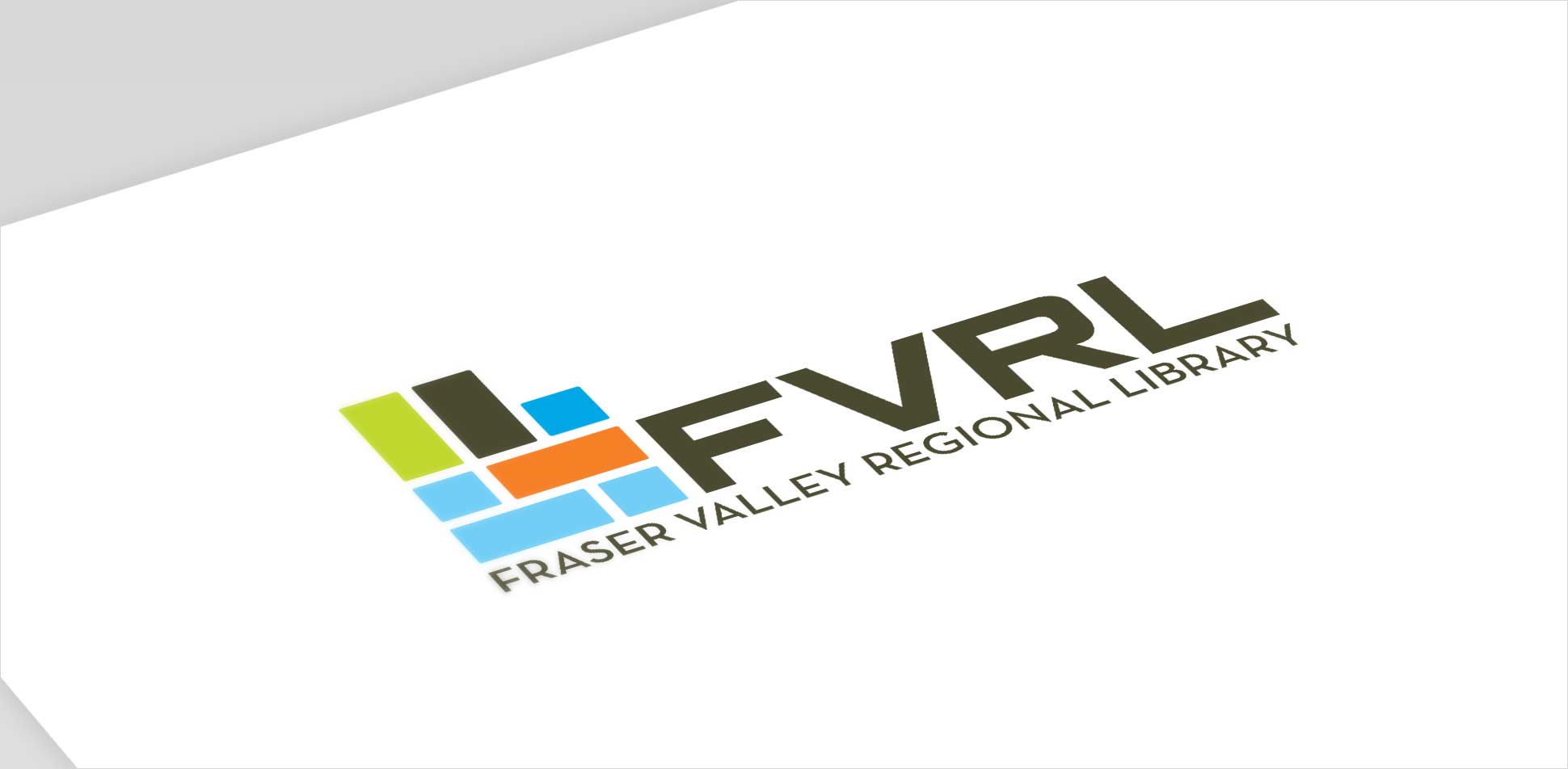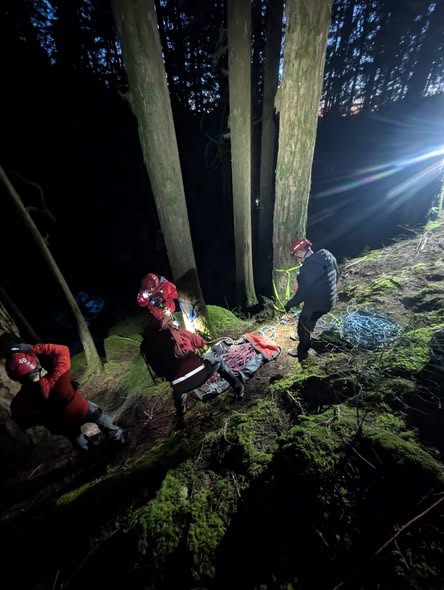It seems that traffic policing involves only three things where I live: speeding, seat belts and alcohol. From my point of view there is effectively no policing of other bad driving habits. Consequently we now have a majority of drivers not using signals to change lanes. A large percentage seems to have no idea that a left turn should end up in the left lane and right lane on a right turn. To make matters worse, police are also guilty of some of the same bad practices.
One can only assume it’s much easier to collect fines by the hundreds sitting on the side of the road pulling over individuals out of the traffic with laser traps. It would be interesting to see the percentage of speeding tickets to bad driving habit tickets.
So, if the police won’t enforce the driving laws other than their favourite three, perhaps ICBC should conduct an advertising campaign on T.V. showing the correct driving procedures and how this can make driving a better experience for all.
If we’re not going to enforce the traffic laws, why have them?
This person raises a number of interesting points in their observations.
The function of law is to protect the free exercise of my rights against infringement by any other person, and to prevent me from interfering with the free exercise of the same rights by others. Traffic laws create the framework that tells us how to behave when we drive to accomplish this goal.
The current emphasis of traffic enforcement in British Columbia is 30% speeding and aggressive driving, 30% seatbelts and 30% impaired driving interdiction. Speeding, aggressive driving and alcohol are a significant contribution to collisions and seatbelts are the best way to reduce the possibility of injury or death if you can’t prevent the collision.
The 10% of time left may be spent at the officer’s discretion.
There were 474,023 traffic tickets issued to drivers in 2022. 194,674 or 41% of those tickets were issued for speed related offences.
Who Is Responsible?
Under the Police Act, the Policing and Security Branch is responsible for ensuring adequate and effective levels of policing and superintending law enforcement. They do list contact information for inquiries about policing.
Perhaps what we need is a total reorganization of traffic policing in our province. Amalgamate CVSE and IRSU, then move all traffic enforcement personnel into it from the RCMP and municipal policing positions. The officers would work under focused management and be less subject to having to fill general policing functions that are not traffic related.
ICBC and RoadSafetyBC are the government agencies responsible for driver education. The primary responsibility for driver education does belong to the driver though. When you first received your driver’s licence you met the minimum standard for driving skills. Neither of these agencies provide any requirement or positive incentive for improvement after this point.
ICBC does have a YouTube channel and a Road Safety section on their website but there is no instruction beyond the Street Sense hazard perception training application.
Story URL: https://www.drivesmartbc.ca/police/why-arent-police-enforcing-traffic-laws
Policing & Security Branch contact URL: https://www2.gov.bc.ca/gov/content/justice/criminal-justice/policing-in-bc/contact-us— Tim Schewe Road Safety Advocate DriveSmartBC.ca








